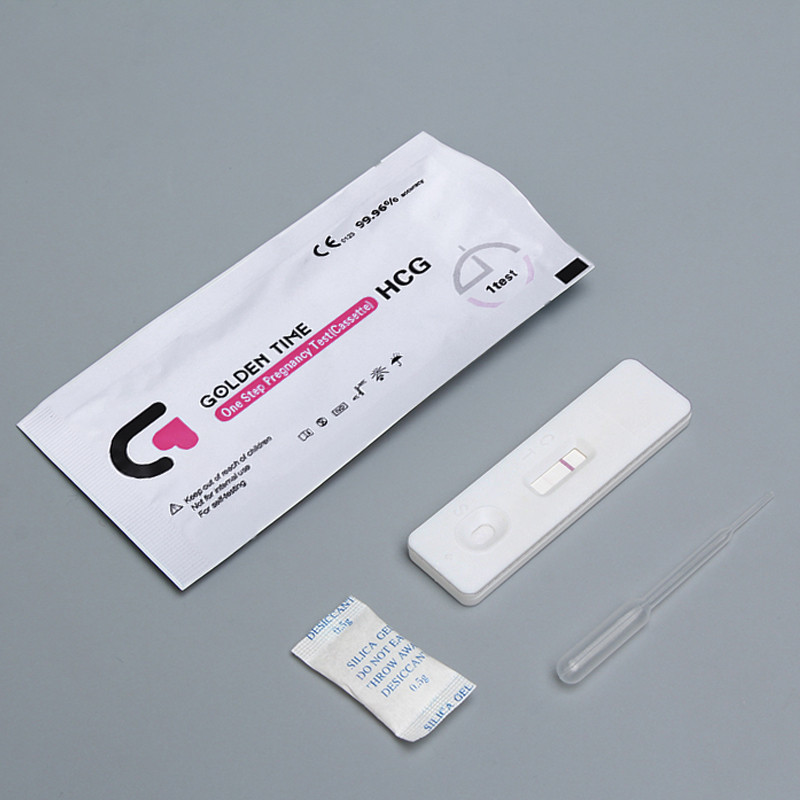Dec . 06, 2024 21:14 Back to list
wholesale hepatitis c antibody test price suppliers
Understanding the Wholesale Prices of Hepatitis C Antibody Tests
Hepatitis C is a viral infection that affects the liver and can lead to serious health issues if left untreated. The availability of accurate and affordable testing is crucial for the early detection and management of this disease. Wholesale hepatitis C antibody test prices are an important consideration for healthcare providers and laboratories, as they impact access to testing and the overall cost of care for patients.
The Importance of Hepatitis C Testing
Hepatitis C testing is an essential step in identifying infected individuals, especially since the virus often presents no symptoms in the early stages. Routine screening is recommended for at-risk populations, including those with a history of intravenous drug use, individuals with certain medical conditions, and those who have received blood transfusions prior to 1992. Timely diagnosis not only allows for effective treatment but also helps in preventing the spread of the virus.
Factors Influencing Wholesale Prices
The wholesale prices of hepatitis C antibody tests are influenced by several factors. First, the cost of raw materials and production plays a significant role. Manufacturers of diagnostic tests must comply with stringent regulations and quality standards, which can increase production costs. Additionally, technological advancements in testing methods may lead to higher prices initially, although these costs may decrease over time as production scales up.
Supply chain logistics also affect wholesale prices. Factors such as shipping costs, tariffs, and distribution channels can impact the final price that healthcare providers pay for these tests. Furthermore, market demand significantly influences pricing. During health crises or outbreaks, the demand for hepatitis C testing may surge, and this can lead to fluctuations in wholesale prices.
The Role of Suppliers
wholesale hepatitis c antibody test price suppliers

Finding reliable suppliers for hepatitis C antibody tests is crucial for healthcare facilities. Suppliers can vary widely in terms of pricing and product quality. It's important for buyers to conduct thorough research and vet suppliers based on their reputation, regulatory compliance, and customer reviews. Some suppliers may offer competitive pricing but could sacrifice quality, which could pose risks in diagnostic accuracy.
Additionally, volume purchasing agreements can offer significant savings for healthcare providers. Suppliers often provide discounts for bulk orders, which can help facilities manage their budgets while ensuring they have enough tests to meet patient needs.
Cost-Effectiveness and Accessibility
The affordability of hepatitis C antibody tests is paramount in ensuring that more individuals can access necessary screening. Lower wholesale prices can contribute to reduced healthcare costs overall, allowing for broader testing initiatives. This can lead to earlier detection and treatment, ultimately reducing the long-term health implications associated with chronic hepatitis C infection.
Furthermore, increased awareness and education about hepatitis C testing can drive demand and potentially decrease test prices through market dynamics. Public health campaigns that emphasize the importance of testing can encourage individuals to seek screening, thus increasing the number of tests purchased and promoting a more sustainable market.
Conclusion
Wholesale hepatitis C antibody test prices are a critical aspect of the healthcare landscape. Understanding the factors that influence these prices, as well as the importance of reliable suppliers, is essential for healthcare providers aiming to offer quality care and promote public health. By ensuring affordable access to testing, we can facilitate early diagnosis and treatment, ultimately improving outcomes for individuals affected by hepatitis C.
-
Highly Accurate hCG Pregnancy Test Strips - 5 Min Results
NewsAug.02,2025
-
Premium Empty ABS Plastic Cassettes: Durable & Lightweight Storage
NewsAug.01,2025
-
Accurate Cocaine (Coc) Rapid Test Kit | Fast & Reliable Detection
NewsJul.31,2025
-
Accurate HCG Pregnancy Test Strips | Fast Home Use Kit
NewsJul.31,2025
-
Reliable Early Pregnancy Test Kit Supplier - Multi Plastic Cassette Options
NewsJul.30,2025
-
Transferrin Rapid Test Cassette – Reliable Tumor Marker Detection
NewsJul.29,2025

